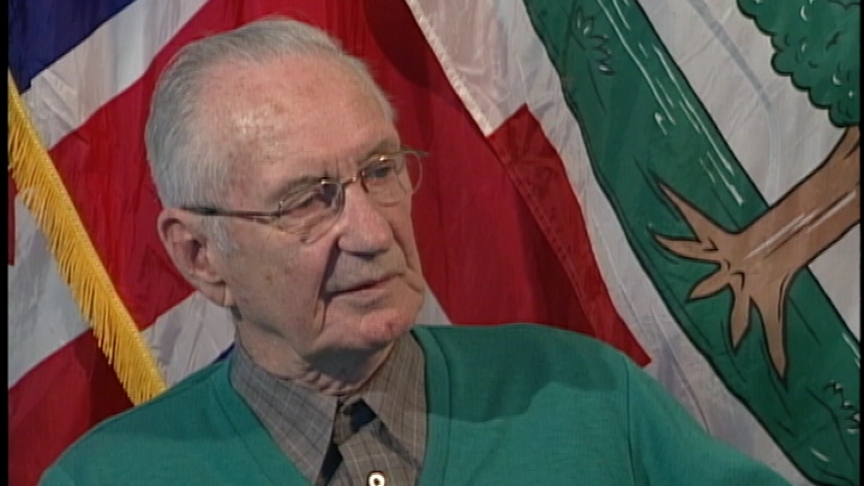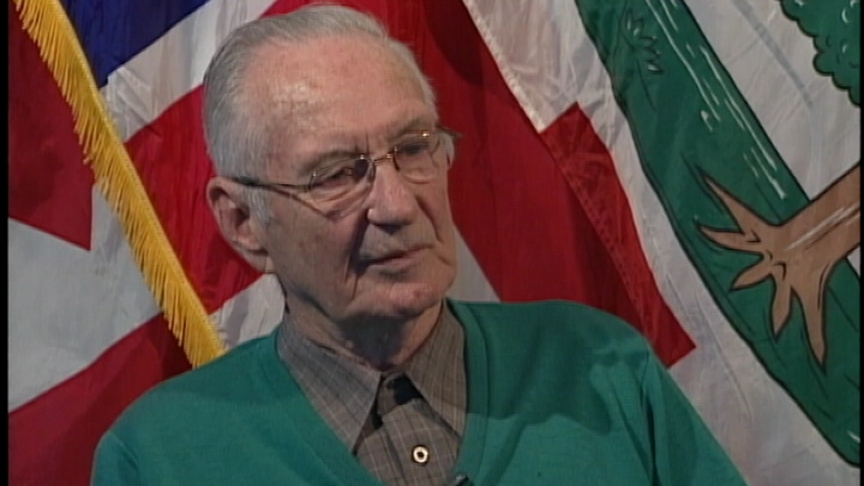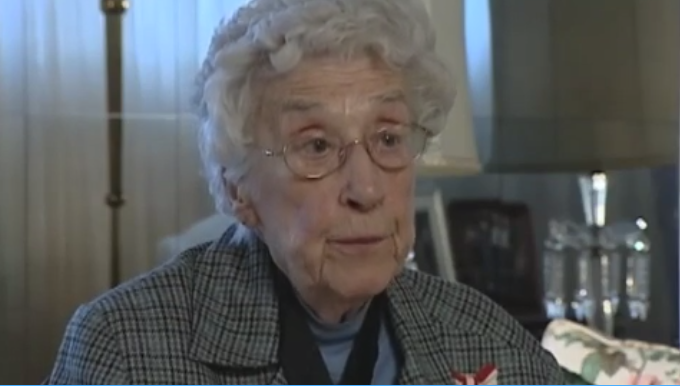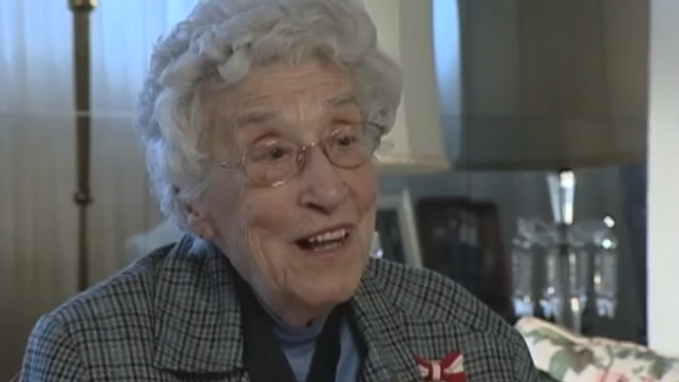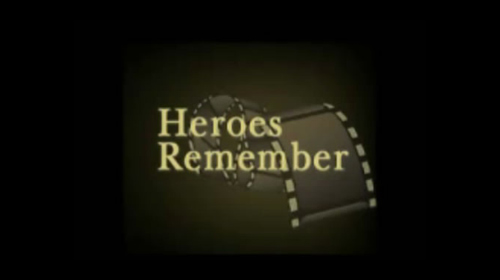Search
Search
Search Results
567 results returned within location Europe
Decoding German signals
Mr. Pollak recounts how he went directly into service after landing in England and how his unit had three years experience intercepting and decoding German signals before they went over to Normandy in June 1944. He then describes the makeup of the unit and the duties they had.
- Date modified:
